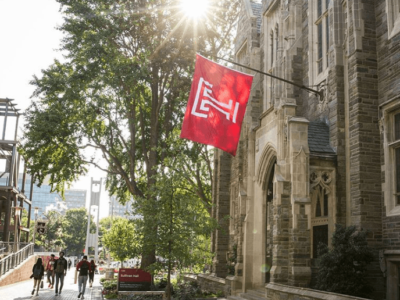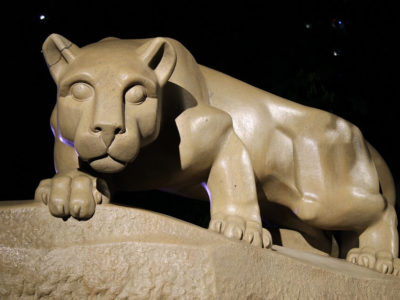Sadly, it’s no secret that the world is unfairly dominated by men. In both the classroom and in professional careers, women must still fight to be heard and prove that they are capable of being powerful. All prominent and respected women’s colleges—or universities with all-women chapters—present a beneficial way for women to learn about their chosen careers. These colleges are especially beneficial for women majoring in STEM and business. Extra bonus of a women’s college? The feeling of physical safety and the encouragement of being surrounded by fellow empowering women.
Check out the top 10 all-female colleges in the United States.
10. Mount Holyoke University
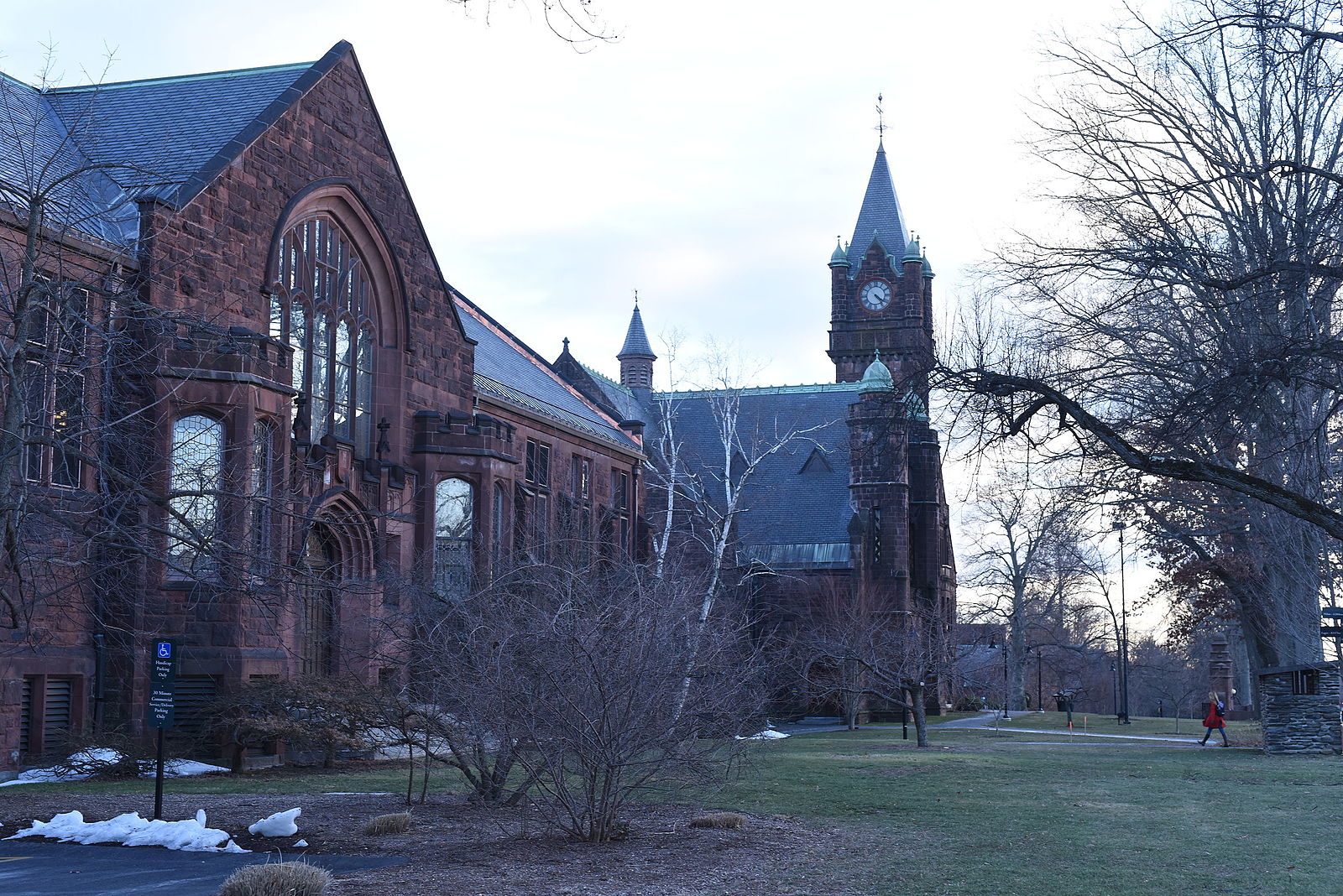
Diversity and inclusion define Mount Holyoke University. Found in South Hadley Massachusetts, this all-female college accepts all women, transgender women and non-binary students. This provides an environment for their students to feel safe and seen because they’ve purposefully decided to include non-binary and transgender students: a trait not often seen or acknowledged in many colleges. A lot of the world is having issues with acknowledging transgender women and non-binary people as members of our society. This college is defying those attitudes.
Due to the town having a small population, students find an escape from their hometowns—if they wish. While still allowing a community that students can be involved in through small stores, an art museum and a large national park, call it a diverse home away from home.
The most popular majors available include computer science, biology/biological sciences and economics with 34% of students studying science. Though the university focuses heavily on the sciences, it also offers a Women in Business Club for students who want to brush up on their business education. The campus encompasses a historic look with the old identical, brick buildings. Not only does the campus look timely and memorable, it offers a rich history too. Started by Mary Lyon in 1937, it became the first of the Seven Sisters colleges, a group of seven women’s colleges on the east coast. Pretty radical.
9. Notre Dame of Maryland College

Welcome to Maryland’s only women’s college—unlike other states that house two or more. They not only explore majors and programs in arts and sciences, but they also strive to help students figure out who they want to be by offering clubs like Women and Business and Society of Women Engineers (SWE) to make up for programs they may not have readily available. This isn’t a question often asked of women in a world where our “duties” are already assumed.
Here, the most popular majors include health professions, humanities, biology and physical sciences. The college’s stellar nursing program was what first brought Emily “Emma” Kim to become interested. Kim is now a nursing major in the midst of her junior year. Paired with extracurricular activities such as the Society of Women Engineers and 14 more honor societies available for women, Notre Dame of Maryland College helps all female students try to get a better sense of who they are.
“When I first started attending the university, I saw all of these upperclassmen act so outgoing and independent,” Kim said. “Their presence was really strong and it was the first time I ever saw powerful women. I realized in sophomore year that I can take the reins and I can build up my confidence.”
Outside of the ability for women to explore their passions, Notre Dame of Maryland also offers a family-like community. Women prosper through Friday night gatherings in the lounges, where they all come to laugh, crack jokes, and bond no matter the major. Another perk? The college is located in the city of Baltimore, allowing women to use their skills, get future job opportunities and have a life outside of school. When in Baltimore you can explore the Maryland Science Center or Edgar Allen Poe House. It’s a city that can fit a wide variety of needs.
8. Salem College
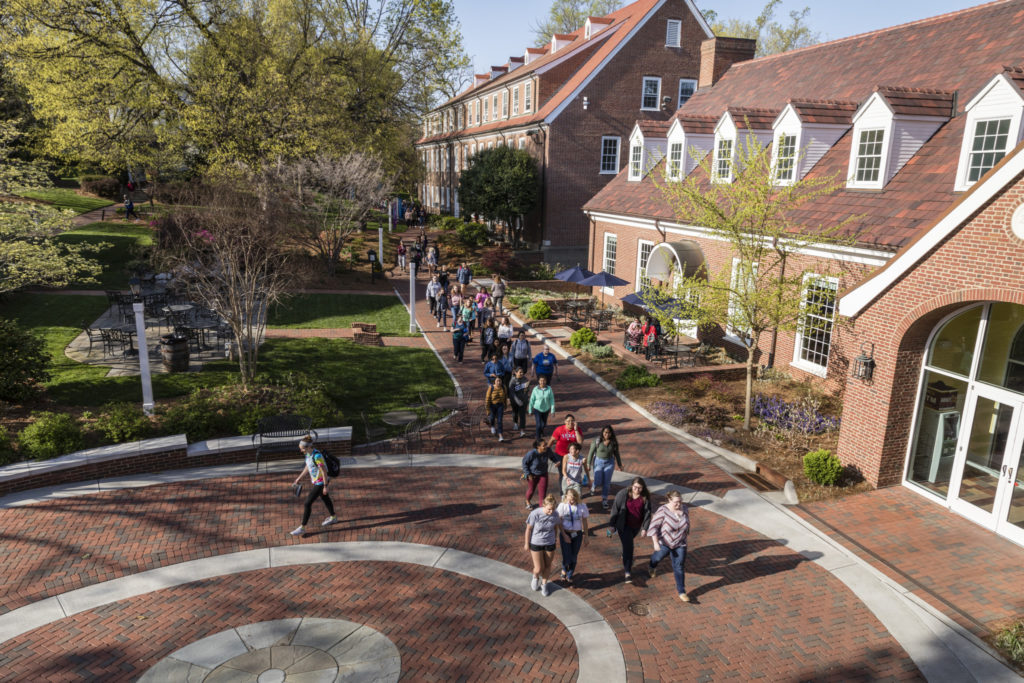
The thirteenth oldest college in the U.S also happens to be the oldest women’s college and educational institution. Gender equity is ingrained in both the history of the school and values it holds today with the motto “Knowledge and Virtue.” Located in Winston-Salem, North Carolina, the campus is very accessible for its 900 undergraduate students. Providing year-round tours, prospective students receive a true taste of what life at Salem College could be like.
“It’s very much like what I experienced on my tour,” junior Emily McManus said. “Your professors know you and look out for you. They’re going to be tough on you but do what they can to help you.”
With a new distinctive focus both inside and outside the classroom, they are the only college dedicated to elevating and expanding the role of women in Health Leadership. The college offers unique and interesting clubs and organizations for the women to explore, such as Women in Nature and the Association for Women in Mathematics.
“I think we have an advantage [at an all-women’s school] because we’ve been able to speak our opinions, speak out in class and hold the positions of leadership,” McManus said. “We’ve led the discussions, so we feel prepared to lead.”
Attending Salem College enables women to speak their minds with confidence and enthusiasm.
7. Wellesley College

Truly inclusive, here is an all-women’s college that also welcomes transgender women openly. Wellesley’s mission is deeply rooted in the education of women with nearly all of the first educators in 1870 being women. Talk about an accomplishment for successful women everywhere. The enrollment rate falls at 2,391 students, with a class size of about 17 to 20 students each. This makes it easy for students to speak up and ask for assistance. The college is located in Wellesley, Massachusetts, and the old brick buildings give off a Hogwarts vibe, making the campus always feel magical.
“A strength is the support you have on campus,” senior Kate Winson said. “Because it’s a small school and it’s all women, there’s this mentality that everybody is supportive and hard working. It’s a community I hadn’t experienced before I got here.”
Some of the most common majors include biological and biomedical Sciences, computer and information sciences and support services. The school also provides unique extracurriculars such as “She’s the First!” Club, a newspaper and organization meant for first generation college students. This provides an outlet for students to share their experiences as first-generation women of color attempting to take ahold of their futures and change their family’s narrative.
6. Meredith College
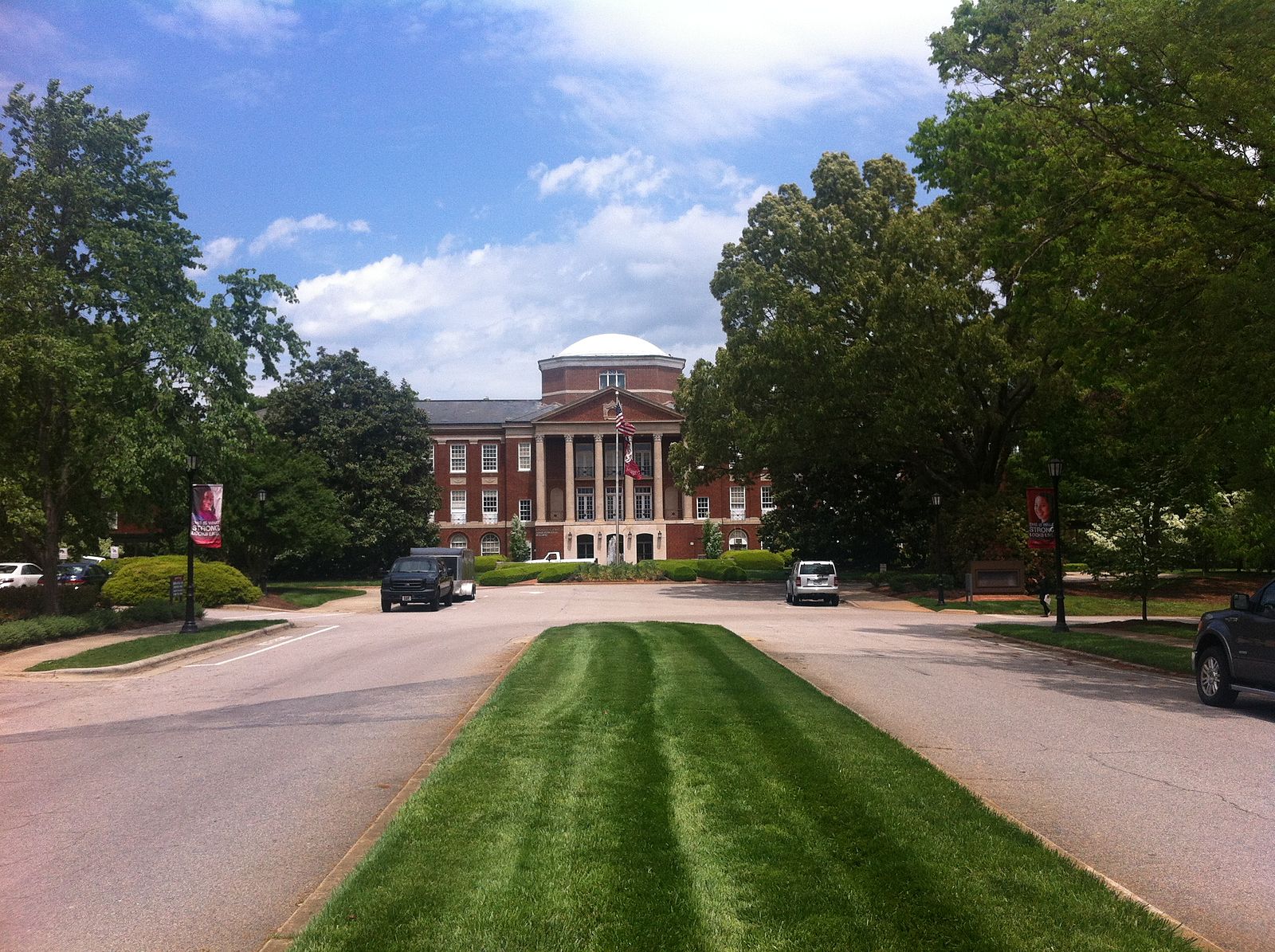
Meredith College: 100% female with no co-ed exceptions. If a woman wants to completely immerse herself into the all-women college environment, they should head on over to Raleigh, North Carolina and enroll at Meredith College. The first 10 women in the United States graduated from Meredith in 1903, now referred to as the “Immortal Ten.”
Meredith College is best known for making the nation’s top 15% of highest paid graduates in business, management and marketing. With popular majors including business, marketing, psychology and social sciences, these majors usually associate with being male dominated. But here at Meredith, women have the chance to succeed in these career fields.
Meredith also offers unique clubs and organizations, offering the chance for students to explore hobbies or interests outside of business such as the American Chemistry Society. The faculty and extracurriculars only further highlight how much this school caters to the interest of women in fields where they do not often receive praise. Through encouragement and support, young women can build confidence in themselves and feel prepared to take on a world.
5. Bryn Mawr College
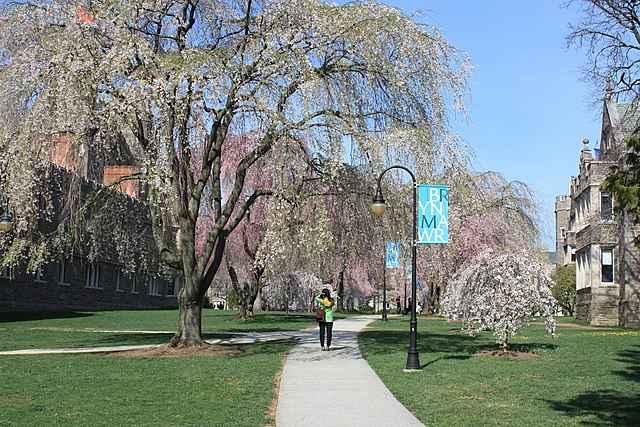
With a focus in the sciences, social sciences and humanities, Bryn Mawr College is a selective women’s college offering an array of opportunities. One of their primary goals includes allowing students to engage themselves with the community and outside the country with many international programs.
Currently, the school enrolls 1,300 undergraduates and 450 graduate students. Through the college’s passion for female education and gender equity, they’ve fostered an environment where alumni like Emily Blach go on to win a Nobel Peace Prize, or Ume Tsuda, who opened the first women’s college in Japan.
“A huge reason why I wanted to go to a traditionally all women’s school was because I was used to being interrupted a lot, but in these classes, there is a lot of space for speaking,” junior Leia Robinson said. “It’s really taught me how to be independent and ambitious.”
The university offers a safe appeal to families, residents, restaurants and a college town community nestled in Bryn Mawr, Pennsylvania with 135 acres to explore. Bryn Mawr was the first school to offer doctorates in social work in 1912 and continues their social work programs today through their Graduate School of Social Work and Social Research. The school also boasts its position as the first women’s school to offer graduate education through a PhD. Dripping in rich history and opportunities, with an added large budget devoted to the STEM program, Bryn Mawr represents a wonderful college for women to flourish.
4. Barnard College
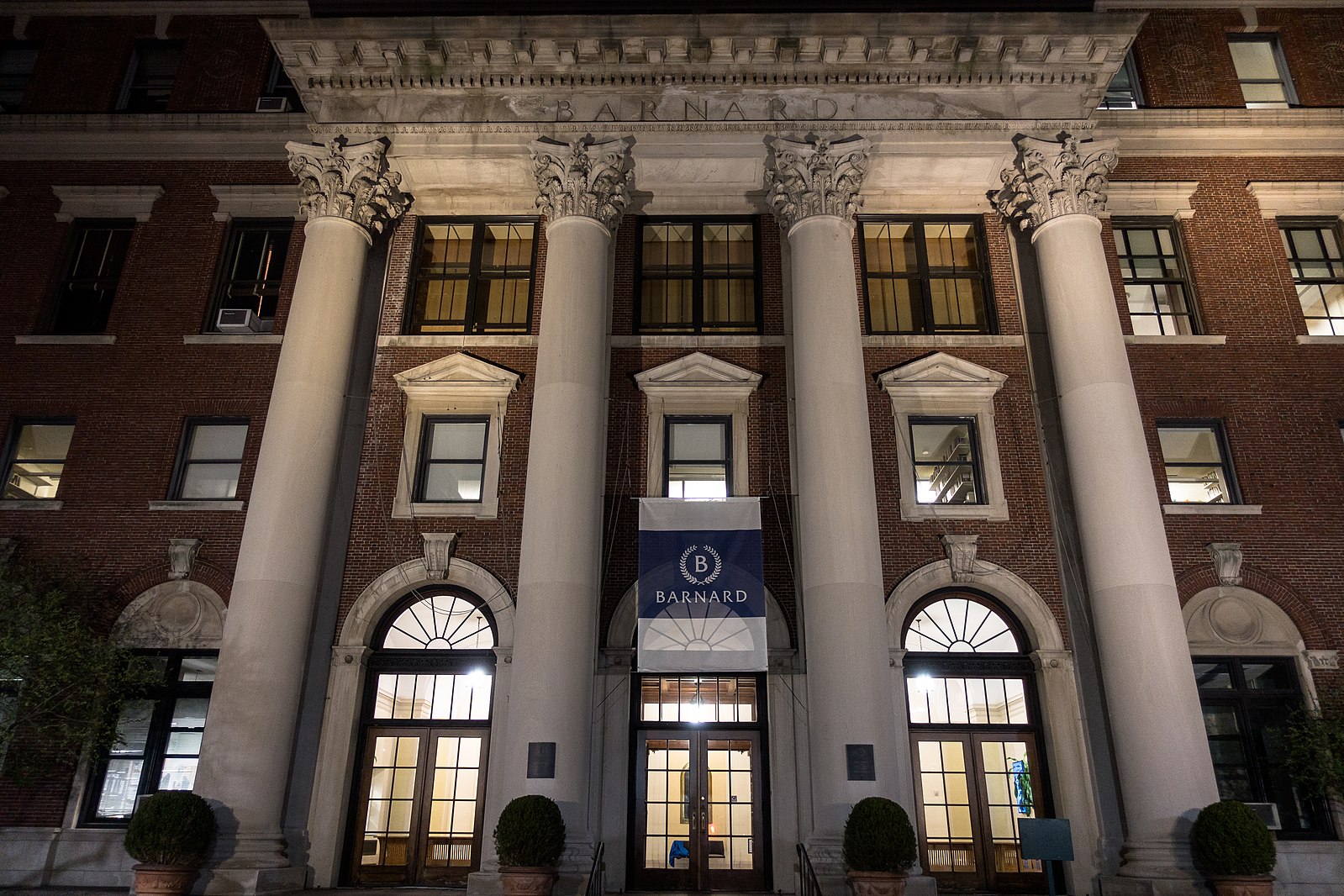
Barnard College, a women’s chapter connected to Columbia University, makes it possible for students who graduate from Barnard to receive diplomas from both universities. Created over a hundred years ago, Barnard College formed in the name of rebelling against Columbia for not admitting women.
Today, it is still a thriving all-women school in the heart of New York City. The student body is made up of roughly 2,500 undergraduates who have the ability to access one of the top research universities in the country through Columbia or independently explore Barnard for themselves.
Barnard focuses mainly on the majors in social science and biological and biomedical sciences. The college holds all female students with the staff also being 60 percent female; however, they still offer co-ed opportunities available through Columbia. Students feel like they’ll be listened to and taught well at Barnard, and they can safely trust that their staff understands the student’s personal struggles with gender and race. This is ensured through their Center for Engaged Pedagogy. This center creates workshops and open dialogue between students and professors to create the healthiest learning environment.
3. Agnes Scott College
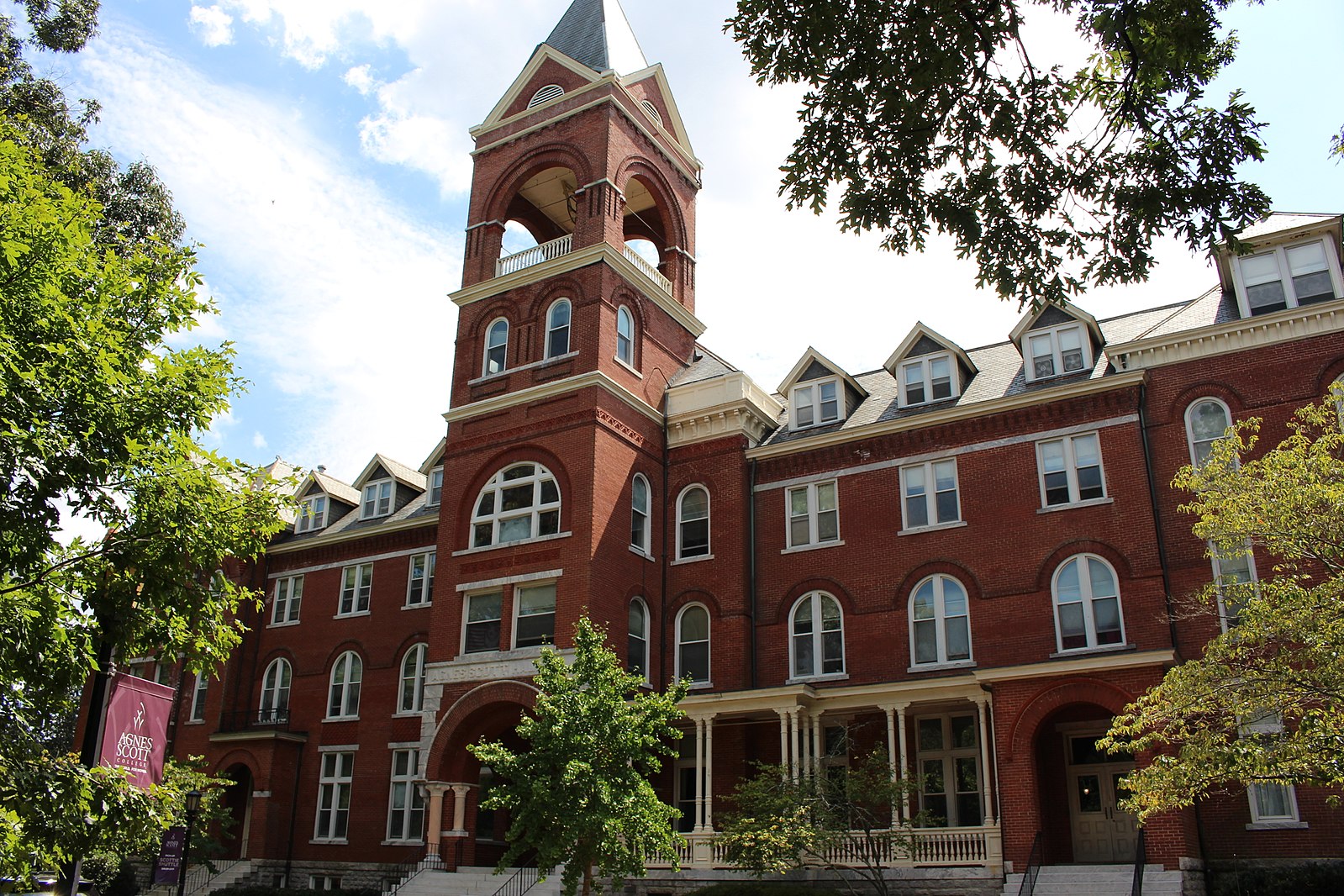
Agnes Scott College acknowledges the importance of empowering women. First and foremost, the college provides its students with a substantial education that not only benefits them personally, but also regionally and globally. The college houses roughly 1,000 students, therefore smaller classes provide women with the ability to “perfect their own individual brand of fearlessness.”
“It’s helped me find my voice. I think I started recognizing that I have a distinct voice and I shouldn’t be afraid to express it,” senior Felicia Jacques said. “They’ve done a good job preparing us for outside the Agnes Scott bubble.”
The campus is located in Decatur, Georgia, falling right outside of Atlanta with a downtown of its own with restaurants, music venues and places of worship that allow students to feel like they’re right at home. If they do want to explore outside of that home, Agnes Scott provides a Summit Program allowing all first-year students to travel abroad for a week. Before, they spend six weeks in a class that prepares them and has them learn about the culture and history of where they’re going.
Outside of the classroom, Agnes Scott offers clubs an oSTEM club, an organization that caters to LGBTQ+ majors in STEM. Another club offered is the NAACP Club, and both of these organizations foster a community of diversity and inclusion throughout campus. No matter if you’re strong, motivated, or all of the above, all women will always be represented.
2. Scripps College
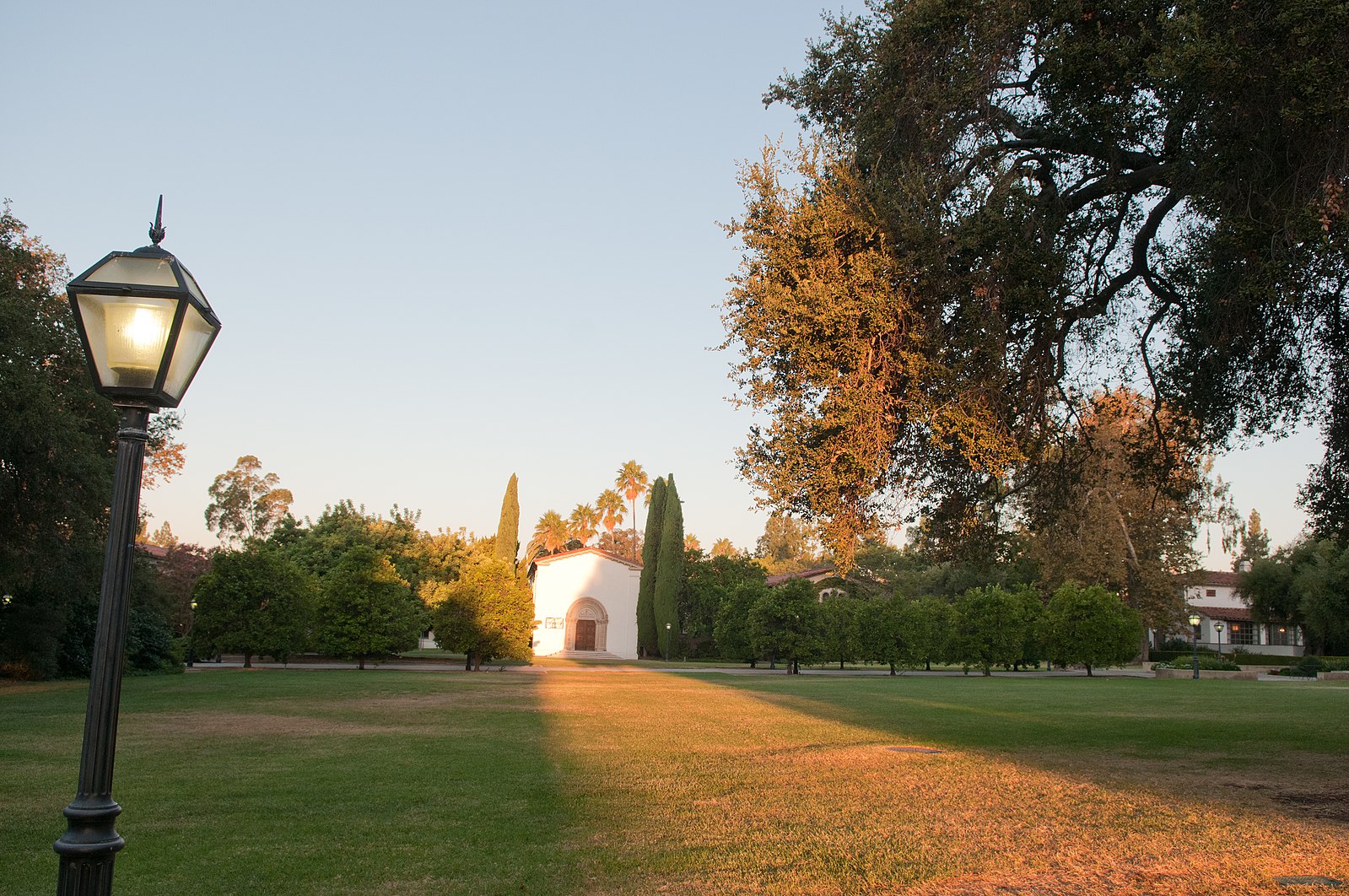
Unsure if a STEM major is right for you as a woman in a male-dominated field? Good news for you, Scripps College outshines fellow universities in female graduates focused in STEM, while also offering strong Political Science and Economic programs. This all-women’s college feels passionate about diversity and leadership.
With 41% of students being people of color (15.3% Latina/Hispanic; 2% Black and 18.3% Asian), inclusion aids in their efforts to provide diversity throughout the student body. This is absolutely a campus where women of color can thrive in, not only male-dominated fields but white-dominated fields as well.
The Scripps College campus sits 40 minutes from downtown Los Angeles in Claremont, California. Plus, it offers one of the most beautiful college campuses in all of the United States. Between a beautiful campus and a student body rich in diversity, the school also offers clubs centered around business—such as the Economics Society—to help women thrive.
Along with these clubs comes an extensive mental health program: the Sallie Tiernan Fieldhouse. The fieldhouse provides a wellness room, a peer health educator, and access to the JED Foundation, nation’s leading organization dedicated to addressing young adult mental health. Scripps College is the definition of diversity and care for students.
1. Smith College
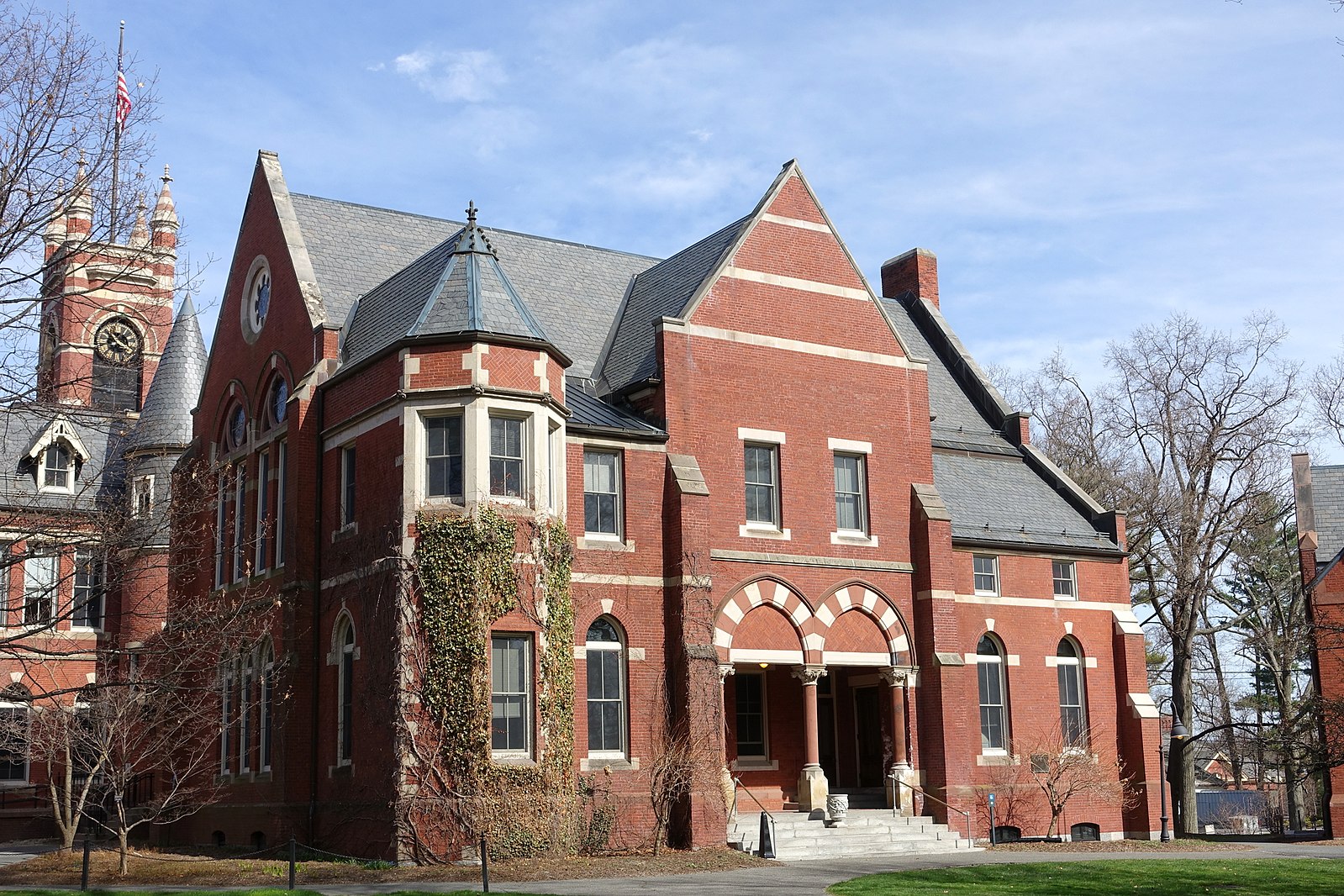
One of the largest women’s colleges in the U.S., Smith College began in 1875 as a sister school to Yale with only 14 students. The college now boasts an enrollment of 2,400 students and deeply commits to the education of women at the undergraduate level. The moment you arrive, students have the opportunity to instantly bond with their classmates. They call their dorms “houses” and offer different themes, such as the Ivy Houses or Mountain Houses, allowing underclassmen to bond with upperclassmen and alumni.
“There is something very special about the Smith environment that puts a huge emphasis on finding your place,” sophomore Maya Durham said. “There is also a strong sense of compassion across campus. A significant portion of our classes focus on race, gender and sexuality justice, ensuring that you have a very intersectional approach to everything you study.”
Some of the top areas of study students explore include political science and government, economics and engineering. Historically, men dominate these majors, but at Smith every woman has a chance to explore her passions; whether it’s through a class like Feminist & Indigenous Science Studies or Labor Economics.
Smith’s campus calls Northampton, Massachusetts home, with easy transportation to New York City or Boston if students choose to explore their surroundings. With small steps that harken back to the days where women were thought to avoid strenuous activity in order to preserve their uteruses, it’s the only part of Smith that still lives in the past. Now, Smith College transforms into the home for diversity, community and unifying young women.









